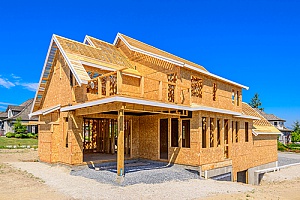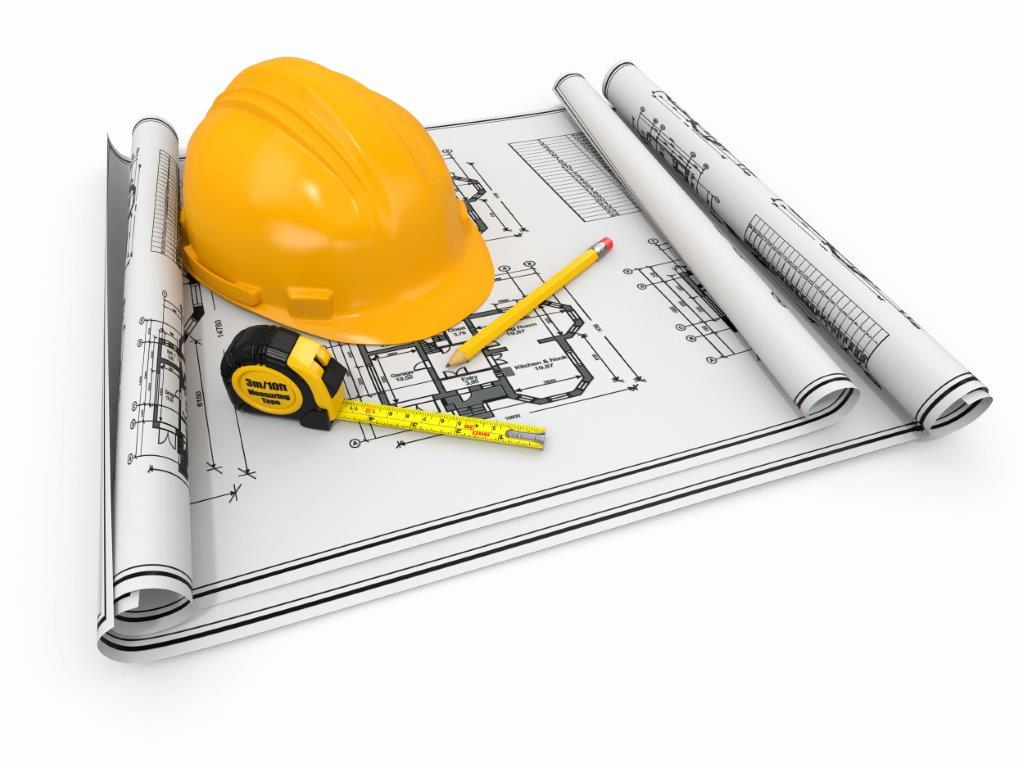
Contractor Selection
You are ready to make your remodeling contractor decision. Learn the ins and outs of Home Improvements & How To Protect Yourself from any liability and or poor job performance.
As the homeowner, you provided information of your project expectations and you met with professionals. You have received well written estimates with a fixed price, a copy of the license, insurance, references and photos. Lets review the importance of each item below.
Home Improvement Costs & Fixed Price
As you read each estimate, make sure the steps or results you want are outlined. I prefer a line item for each step of the remodeling project. Make sure, the contractor has worked hard to describe your vision in the estimate. Estimates that are unclear and lack detail get tossed immediately. The estimates that provide for a clear explanation of your project with a fixed price, move on to final contractor selection.
Licensing
Virginia “Residential building contractors” (Abbr: RBC) means those individuals whose contracts include construction, remodeling, repair, improvement, removal, or demolition on real property owned, controlled, or leased by another person of dwellings and townhouses, as defined in the USBC, including accessory buildings or structures on such property. The RBC classification does not provide for electrical, plumbing, HVAC, or gas fitting services and does not allow construction, repair, or improvement, to commercial, industrial, institutional, or governmental use structures outside of dwellings and townhouses as defined in the USBC. The residential building classification includes but is not limited to the functions carried out by the following specialties for contracts of dwellings and townhouses, as defined by the USBC, and related accessory use buildings or structures: Concrete contracting Masonry contracting Home improvement contracting Painting and wallcovering contracting Industrialized building contracting Roofing contracting Landscape service contracting Swimming pool contracting http://www.dpor.virginia.gov/uploadedFiles/MainSite/Content/Boards/Contractors/A501-27REGS.pdf – Page 5
Protect Yourself With Home Improvement Contractor Insurance Information

Workers’ Compensation Insurance Definition
Workers’ compensation provides medical expenses, lost wages, and rehabilitation costs to employees, who become injured or become ill “in the course and scope” of their job.
What Is Worker’s Compensation Additional Details
The coverage is mandated by each state. The wage and medical coverage vary by state. Workers’ compensation is considered a social insurance. It relies on a social contract between management and labor. Business owners are protected from civil suits from their workers who become injured on the job. Yet each party benefits has limitations. Workers’ compensation insurance is purchased by the businesses owner. This insurance provides coverage to the owner and workers.
Worker’s compensation coverage is an important element in contractor insurance coverage. Worker’s compensation can protect you, your family and assets from worker related injury claims. Make sure your contractor has Worker’s Compensation coverage. Avoid unnecessary liabilities with a properly insured contractor.
General Liability

General liability protects against physical injury to people or damage to property arising from your daily operations. Almost every business needs some form of general liability insurance. This protects company assets. Commercial general liability can help small businesses pay for unexpected lawsuits, sign deals with new clients, rent commercial space, and avoid bankruptcy. A Commercial General Liability (CGL) policy protects your business from financial loss should you be liable for property damage or personal and advertising injury caused by your services, business operations or your employees. It covers non-professional negligent acts. It protects you and your business. Independent contractors have the same legal obligations and liability exposures as larger firms. Damage to client property, bodily injury and harm or advertising injury can occur with independent contractors.
Automobile Liability
Auto liability insurance coverage helps cover the costs of the other driver’s property and bodily injuries. If you have liability insurance, your insurance provider will cover costs for the driver’s damaged car, minus your deductible, and up to your covered limit. Automobile liability insurance is financial protection for a driver. Financial protection is provided to the driver at fault. Automobile liability insurance only covers injuries or damages to third parties and their property, not to the driver or the driver’s property. The three primary automobile insurances are liability, collision, and comprehensive.
Get a copy of the home improvement contractor’s insurance policy. If you like the contractor, don’t be shy, call the agent listed on the policy. Confirm the insurance policy is up to date. Take note of who you spoke to, the date and time. Keep this information with your remodeling contractor’s estimate.
Proof of Insurance
A certificate of insurance is a document used to provide information on specific insurance coverage. This certificate provides verification of the insurance. The certificate will include information of the types and limits of insurance coverage.
Select the home improvement contractors, who is properly licensed, insured with General Liability, Automobile Liability and Workers’ Compensation. Be sure to ask for a copy of the insurance policy and call to make sure the insurance policies are up to date.
With proper insurance with your Home Improvement & you can be protected.
Home Improvements & Permit Issuance

Licensed Contractors & Homeowners are often required to secure a building permits for construction work. The local municipality will grant a building permit for work as described on the permit. As the work progresses certain inspections may be required. With the completion of the work, a final inspection is performed by the local building department. At the time of final inspection, the government official will provide their final approval. Final approval, results in a closed permit. Make sure to get a copy of the Final Inspection Approval.
Experienced Contractors
Let’s talk about the contractor. You need a true professional contractor. Your home remodeling project, depends on it. To find a true professional remodeling contractor, let me make some suggestions. Work to select the professional contractor you need. If you want a new bathroom, get a bathroom contractor. If you need a new addition, get an addition contractor. Need a basement, find the contractor who has this work in his portfolio. Some of these home improvement projects have an overlap and that’s okay. Just be sure to find the contractor who can provide the work you need done. You want your home remodeling project completed in a prompt, precise and professional manner. Your job, is to check out the Contractor’s ability and get what YOU want. You want to do all you can and make the best decision for YOU.
Ms. Utility

“Miss Utility Law”, requires that Miss Utility be called 48 hours in advance of planned excavation work to allow time for marking, that the marks be respected and protected, and that excavation be completed carefully.
There is no charge for this service!
Failure to notify Miss Utility before you dig could make you liable for the cost of any repairs should you damage a utility service. Contact Ms. Utility, protect yourself with your home improvement project, avoid civil, criminal and financial penalties.
For your safety and to minimize disruptions to utility services you need to call Miss Utility to have any utility lines that might be in the area of your work marked so you can avoid damaging them or possibly injuring yourself. A representative from each utility company with service that might be affected by your work will mark the approximate location of their underground lines.
Final Inspection Approval
The issuance of all permits often require periodic and final inspections. Make sure to comply with the building code officials. Make sure your Home Improvement Inspections have been issued and closed out with an approval.
Selecting a Reliable Home Improvement Contractor
When choosing a contractor for your remodeling project, ensure they are licensed and insured. Verify that the contractor holds general liability, automobile liability, and workers’ compensation insurance. Request a copy of their insurance policy and confirm its validity with the insurance provider. This protection is crucial for avoiding potential liabilities and ensuring a smooth project. Always review the contractor’s past work and references to ensure they can deliver on their promises. A well-chosen contractor will help ensure your home improvement project is completed efficiently and to your satisfaction.
Summary

Select the home improvement contractors, who is properly licensed, insured with General Liability, Automobile Liability and Workers’ Compensation. Be sure to ask for a copy of the insurance policy and call to make sure the insurance policies are up to date. Protect yourself with your home improvement project by understanding and using some of the suggestions provided.
If you have any questions, please contact The Dirt Connections Team.










































